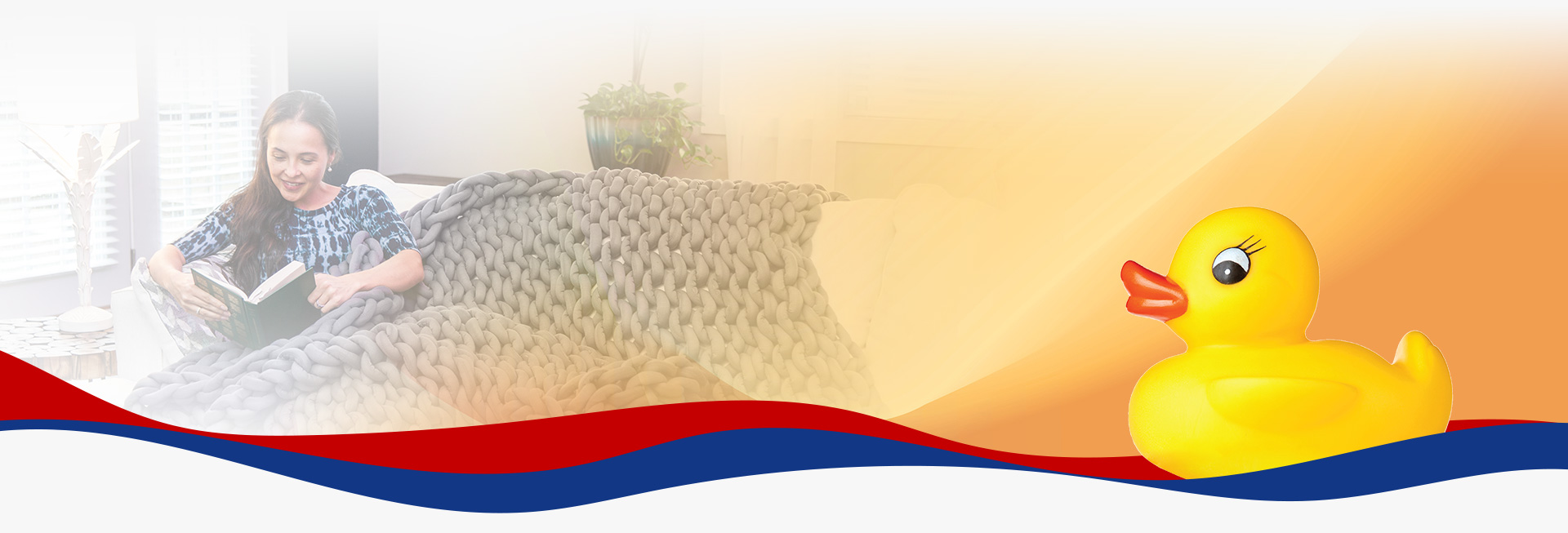
Certain actions you may take at your Wolfforth, Texas, home could be causing plumbing damage and other issues. It’s important to know what habits may cause plumbing problems and make sure to avoid them.
Too Much Down the Garbage Disposal
The first bad habit is putting too much down the garbage disposal. Although this kitchen appliance is useful in grinding up small food scraps, not all disposals can handle everything. In fact, no disposal can handle all the scraps that come from preparing and serving meals to your family. Make sure to read your disposal’s manual, so you understand exactly what can go down and what should be avoided. No matter what type of disposal you have, you should never put glass or metal down the drain, as this can damage the blades and motor.
It’s also important to avoid placing fats or oils in your kitchen drain. Even if the material is liquid when you pour it down, it will solidify within the pipe, causing a blockage that will have to be removed.
Storing Construction Materials in Your Tub
If you’re renovating the bathrooms in your home, you might be tempted to store some of the construction materials you’re using in the bathtub. However, these materials can slip down the drain and lead to a buildup of gunk. These materials often include mortar, caulk, and tile that you’re cutting to lay in the shower or on the floor.
If any moisture moves through the pipes following caulk or mortar dust, the material will congeal and lead to a blockage. Make sure to find a better storage place than your sink or tub to store these materials when you’re in the middle of a renovation.
Flushing Items Down the Toilet
When you have young kids in your home, you may be familiar with what can happen when something too large is flushed down the toilet. You should explain to children that they should avoid flushing any of these items, including toys, baby wipes, and other household items.
Depending on the condition and age of your pipes, you may want to restrict the flushing of feminine hygiene products and large wads of toilet paper, as these can lead to blockages in the pipes as well. You could even wind up with a clog when you place so-called flushable wipes in the toilet.
Abusing Chemical Drain Cleaners
Chemical-based drain cleaners may seem like easy and effective methods for clearing clogs and keeping water moving through the drains. However, when overused, the chemicals in these cleaners can corrode your pipes and lead to more serious problems. A corroded pipe will allow water to leak out, resulting in an increased risk of biological growth and an expensive repair process.
If your home is connected to a septic system, using these drain cleaners is even more problematic. Other chemicals you should avoid using with a septic system include chlorine-based bleach, antibacterial soap, and paint. Any of these materials can disrupt the bacteria in the tank that process the waste, resulting in a backup of sewage.
Damaging Pipes in the Walls
A home renovation is always an exciting process, especially when incorporating automation into your house. However, a small mistake could have costly results. Many of the pipes that make up your home’s plumbing system are hidden behind the walls or between the floors, which means you need to use caution when drilling into these areas as part of the renovation process. The last thing you want to worry about is damaging a pipe and causing an onslaught of water to come pouring out of the floor or wall.
Landscaping Too Close to Sewer Lines
If you’re making some changes to your landscaping, it’s important to avoid planting trees with roots that will spread close to the sewer lines. When the tree roots grow into the sewer lines, they’ll cause blockages that are expensive to repair. The process involves digging up the pipes and replacing them. However, you can also end up with water backups in your home that will cause significant damage.
When you’re dealing with a major plumbing issue, our team at Sinclair Heating, Cooling, Plumbing, Inc. is here to provide the services you need, so contact us at 844-749-2665.
